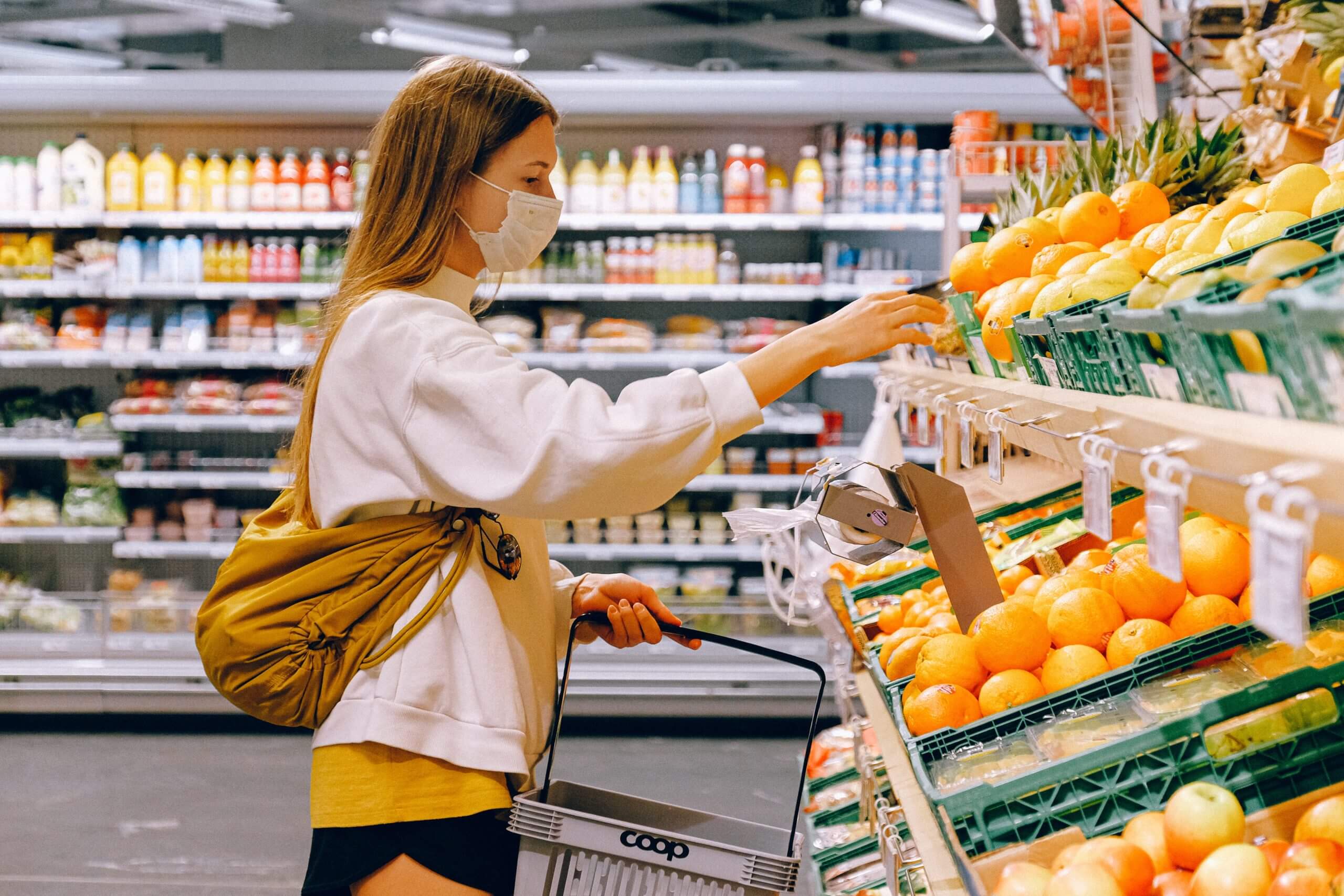
Juno Bhardwaj Shah, External Affairs Intern, Money and Mental Health
How to get support with shopping during the pandemic
13 May 2020
Going to the shops at the moment can feel a million miles away from what it was like just a few months ago. From the long queues just to enter a supermarket, having to worry about who’s previously used our trolley or basket, and navigating the complexities of socially distancing, shopping can feel like an ordeal.
The experience has been particularly challenging for some people with mental health problems, and many of our Research Community members have highlighted concerns about getting essential supplies during the pandemic. In this blog, we look at some of the key concerns people have, and highlight the support available to help people with mental health problems with shopping during the coronavirus outbreak.
Getting help with buying essentials
“As I am in the ‘at risk’ group my worry is mostly about shopping. There are no deliveries for weeks and I live alone with no real neighbours.”
While lots of us can still go to a supermarket when we need supplies, for many of the most vulnerable in society, who are being encouraged to self-isolate, this is not an option.
Instead, people often have to rely on online food deliveries which, despite major supermarkets reserving spots for vulnerable customers, have struggled to keep up with the increased demand. The experience can be even more challenging for individuals who are isolated and without friends or family that can help them.
After hearing the concerns raised by our Research Community, we teamed up with the Centre for Mental Health and other charities to raise this with the government. It has since clarified that people with mental health problems can apply to get help with shopping through the NHS Volunteer Responder scheme – click here for more details. If you are a clinically vulnerable person, you may be also eligible for extra support, and can register with the government here. For more guidance on accessing food and essentials during the coronavirus outbreak, click here.
Increased anxiety
“Shopping is causing me anxiety. I feel like a fraud asking if I could use the hour set aside for the elderly & vulnerable. I ‘look’ fit & well. How am I supposed to prove my ill health.”
While some of us are coping well with the new systems that shops have introduced, the experience can be overwhelming and anxiety-provoking for others, particularly those of us with mental health problems. For people with conditions like OCD, agoraphobia or anxiety, shopping during the outbreak can be particularly difficult. Many people worry about leaving the house or stepping into a busy supermarket. Not being able to get the items that you need, with increased instances of panic buying, has also caused further concern.
To help address this, supermarkets have introduced specific hours for elderly and vulnerable customers, allowing them to shop in a quieter environment. However, some people with ‘invisible’ mental health conditions may be hesitant to use the services that they are entitled to. It’s vital that people with mental health problems are not forgotten about and are given the right support to access essential supplies during this difficult period.
You can find more information on supermarket opening times for vulnerable customers here and tips from the British Association for Counselling and Psychotherapy on coping with anxiety while shopping here.
Spending more
“I’m definitely spending more money on food as I’m comfort eating. I’m probably buying things to cheer me up more than before – using money that I normally wouldn’t.”
The coronavirus outbreak has caused many people to feel isolated – this can be particularly challenging for people with mental health problems. Our research shows that 93% of people with mental health problems spend more when they’re unwell, and members of our Research Community told us that they were spending more during the lockdown. This corresponds with studies which suggest that some people are gambling more during the lockdown. Spending money may feel like a comfort, but it can have devastating consequences, particularly at a time when a huge number of people are experiencing increased financial difficulty.
You can find more information on tools to help you manage your money during Covid-19 here.
Support is available
If you’re struggling with your mental and financial wellbeing, there is help and support available – you can find more information here. We’ve also put together a list of specific coronavirus related resources here.
These are difficult times for lots of people and we’re working to change things for the better. Your insight can help us break the link between mental health and financial difficulties. Join our Research Community here.
